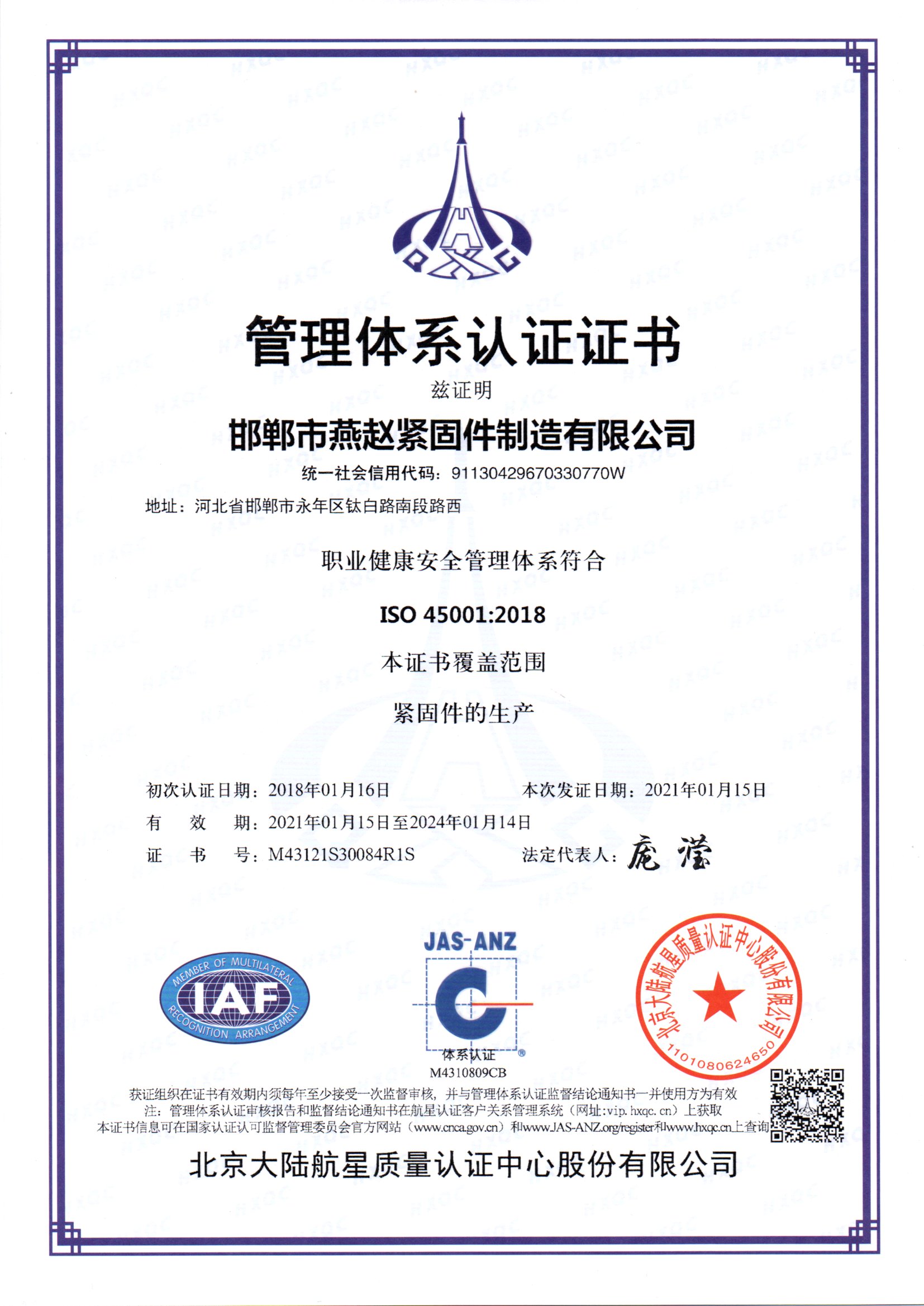4l80e torque converter bolts exporters
Жел . 17, 2024 03:14 Back to list
4l80e torque converter bolts exporters
Understanding the 4L80E Torque Converter Bolts and Their Export Market
The 4L80E transmission, an evolution from the earlier 4L60E, is a heavy-duty automatic transmission widely used in performance and commercial vehicles. One crucial component of this transmission is its torque converter, which is responsible for transferring engine power to the transmission effectively. For those involved in automotive repair, performance tuning, or exports, understanding the torque converter and its critical components, including the bolts, is essential.
The Role of Torque Converter Bolts
The torque converter is comprised of several parts, including the turbine, stator, and pump. The torque converter bolts play a pivotal role in securing these components together, ensuring that they work in unison to deliver optimal performance. The bolts need to withstand significant stress and heat, making quality and specification critical.
When replacing or repairing a 4L80E torque converter, it is essential to use the correct bolts. Using substandard or incorrect fasteners may lead to mechanical failures, resulting in costly repairs and potential safety hazards. The bolts must meet stringent specifications, which often include measures for corrosion resistance and tensile strength.
Factors Influencing the Export of Torque Converter Bolts
The market for torque converter bolts, especially for the 4L80E transmission, has seen growth driven by several factors
1. Global Demand for Performance Parts As the automotive industry shifts towards performance-oriented builds, especially among enthusiasts and tuners, the demand for high-quality components, including torque converter bolts, has risen. This trend has led to an increase in exports to regions where performance modifications are popular.
2. Automotive Repair and Replacement Parts With the prevalence of the 4L80E transmission in trucks and commercial vehicles, the need for replacement parts has escalated. This creates a robust market for exporters to supply high-quality bolts to repair shops and auto parts retailers.
4l80e torque converter bolts exporters

3. OEM vs. Aftermarket The distinction between Original Equipment Manufacturer (OEM) parts and aftermarket alternatives contributes to the dynamics of the export market. While OEM parts guarantee specific standards, aftermarket products often compete on price and accessibility. Exporters must navigate these differences to capture market share effectively.
4. Technological Advancements Continuous advancements in manufacturing technology have allowed for the production of higher-quality bolts at competitive prices. Exporters who adopt modern techniques can provide reliable products that meet or exceed industry standards, appealing to consumers and businesses alike.
5. Global Trade Regulations Exporters must also be aware of the international trade regulations that govern the movement of automotive parts across borders. Compliance with these rules is crucial, as it not only affects the ease of doing business but also impacts product acceptance in different markets.
Challenges for Exporters
Despite the promising prospects, exporters of 4L80E torque converter bolts face various challenges. The automotive parts market is highly competitive, and maintaining product quality while keeping costs down can be a delicate balance. Additionally, fluctuations in raw material prices can affect production costs.
Furthermore, establishing a reliable supply chain is crucial for timely delivery, especially for businesses that cater to repair shops or performance enthusiasts demanding quick turnaround times. Ensuring that the bolts are compatible with various torque converters and meet global certification standards is another hurdle for exporters.
Conclusion
In summary, the market for 4L80E torque converter bolts is characterized by robust demand due to the popularity of the 4L80E transmission in both performance tuning and commercial applications. As the automotive industry evolves, exporters must adapt to changing consumer preferences, regulatory environments, and technological advancements. By focusing on quality, compliance, and innovation, exporters can secure their position in this competitive landscape, meeting the global demand for reliable and high-performance automotive components.
Latest news
-
Premium Cabinet Bolts Supplier | Wholesale & Custom Solutions
NewsAug.24,2025
-
Reliable Axle Nuts Supplier | Quality & Precision Fasteners
NewsAug.23,2025
-
Durable Bolts for Lawn Mower Handle - Top Supplier & Manufacturer
NewsAug.22,2025
-
High-Quality Bolts for Lawn Mower Handle Supplier & Manufacturer
NewsAug.21,2025
-
Reliable Axle Nuts Supplier | High-Quality Automotive Parts
NewsAug.19,2025
-
Premium Wire Bolts Suppliers | Durable & Reliable Fasteners
NewsAug.18,2025
